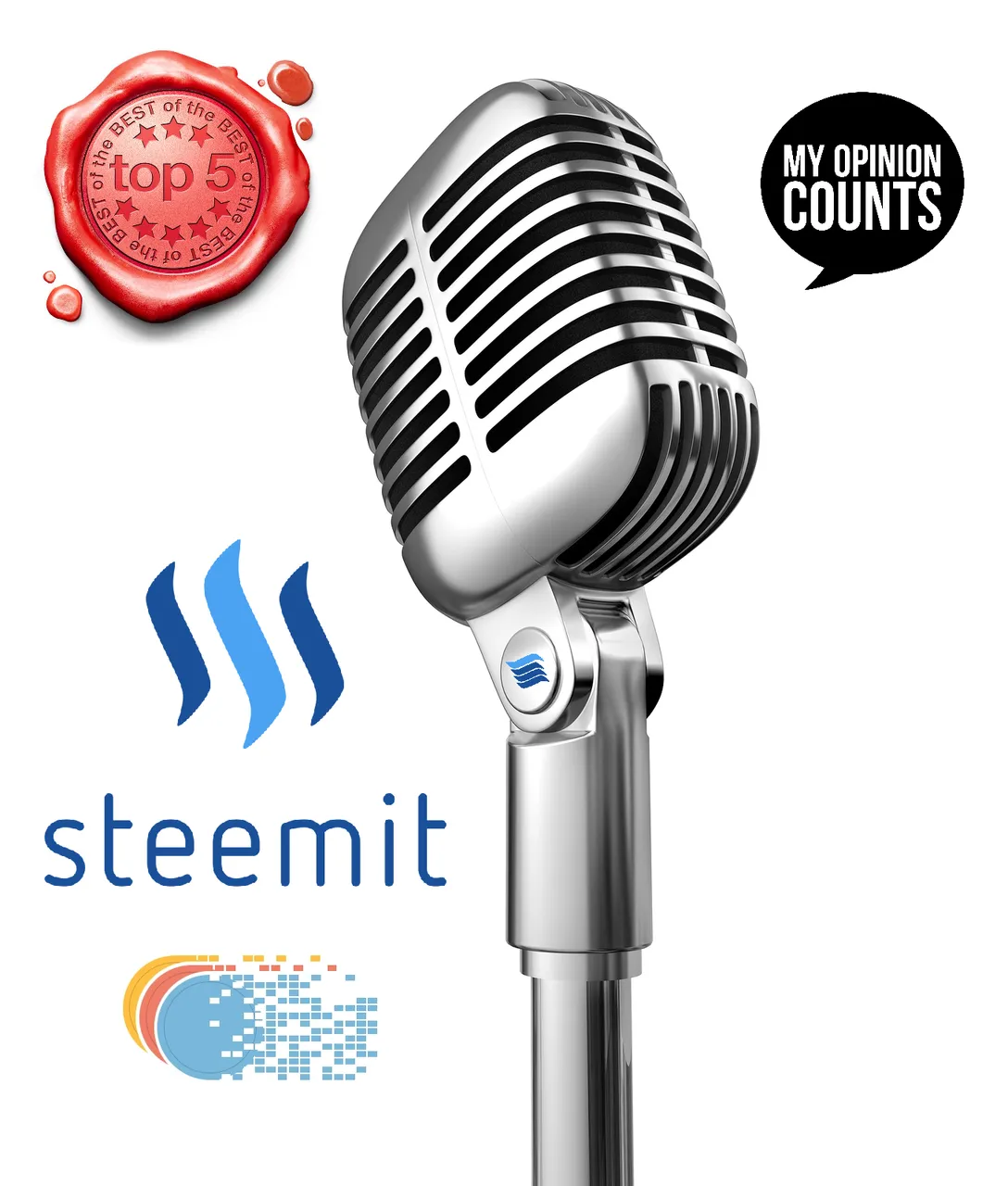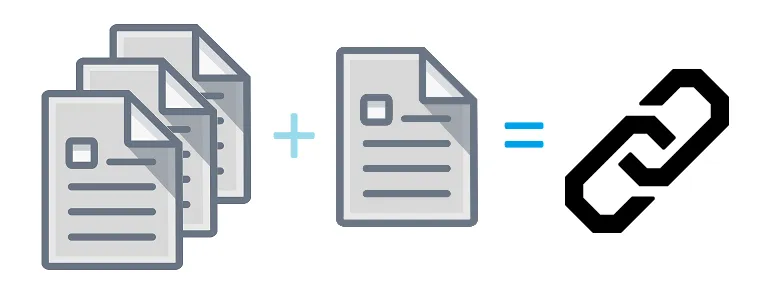Presentation time: 20 minutes
Topics sub-divisions: 4 (introduction + detail + utility + incentives), 5 minute each

What is a BlockChain?
It will be the next thing changing your life!
I don't know why I never thought about explaining the blockchain with something people are actually comfortable dealing with almost every day. Bank statements!

- Each month you receive a paper statement, let's call this a block.
- To release these paper statements, work has to be performed, let's call that mining!
- In each of this paper statements, you may store information, let's call these, transactions.
- Every time a new paper statement (mined block) is created on which you agree with (AKA, when you don't get back to the bank saying, "I don't agree with this transfer"), you are also validating that information, as well any other user of that bank (by means of the bank trust over this distributed paper statement). Let's call these, block validations, which is when the majority of the bank stakeholders, including its users (>50% of the network), agree with that information.
- For every paper statement released, you are also implying the previous one to be valid and correct, therefore you are trusting on the sequence of paper statements dependencies, essentially creating a chain of unchangeable paper proofs, that we classify as immutable data.
To this collection of paper statements ordered in a dependent sequence, of which we build trust on, we call it a BlockChain.
Why is there Value behind a BlockChain?
People often attribute value to something they trust or consider important to themselves. So, if you consider for example, that a beer you just brew is tastier to you, compared with the same exact beer recipe you find and can buy at a particular store, then most likely you would have applied a value to it. And if you are to find someone else that shares the same interest in your beer as you do, then something that was only important you, has now a value for someone else too.
The same exact principle works with Blockchain!

If your paper statements actually show and convince people, that they are true and correct, then someone would be willing to also share and write information on your statements under your terms, allowing those paper statements to store value for both sides.
On the same level of interest, if there is a demand for more people to start sharing within the same system where your trusted paper statements reside, the value of that system can potentially increase. The other way around will also make it less valuable.
Therefore, a BlockChain technology will always have an intrinsic value, no matter the reason. That value will be determined by the trust and interest the community deposits on it.
Difference between BlockChain and Cryptocurrency?
The most known evidence of cryptocurrency is Bitcoin! Unveiled in 2009 by an anonymous creator, known by the community as Satoshi Nakamoto. Many Cryptocurrencies use what is called a BlockChain as the vessel to implement a Currency, commonly known as Money!
Although the BlockChain technology can apply to many other ideas that not necessarily have to fall into the form of Cryptocurrency.
To better understand this let's first address Cryptocurrencies, that may only represent money if they hold three simple characteristics all related with the BlockChain:
- It has or stores an intrinsic value, in other words, have a price.
- It's transferable from person to person via a medium of exchange.
- And it's accountable by means of immutable cryptographic functions that anyone can access and quantify.
As an example, let's say that you upvote this post, you will be moving value on a transaction to my username that all Steemit users will consider curated (valid and immutable) after 7 days.
Via this same post, I am simply using a collection of software with programmed cryptographic functions that act as the actuator of my medium of exchange for the value of the information I am creating and sharing, that you can potentially attribute to me. This value will then be accountable in a BlockChain providing me with the ability to exchange it with anyone else via software tools that can understand it, add new information, but never change what was already agreed. To the above characteristics, we classify the term Cryptocurrency that in this case, it's called STEEM!
In conclusion, the BlockChain acts only as the database, while the Cryptocurrency defines how to work with the information stored in a BlockChain and what is the meaning of it.
What is being done with the BlockChain technology?
You already know Bitcoin right... well, that is just a cryptocurrency from hundreds out there! There are also many other applications of it, some represented in form of assets that can also become cryptocurrencies, others not visible in the crypto world. But what you might not know is how these applications are using the BlockChain technology to change our lives...

Many of which have real use cases:
- With Bitcoin you can already purchase online goods and services, like recharging up a third party credit/debit card (VISA) or directly use Bitcoin to buy Steam Games or buy Amazon Gift cards.
- Steem Blockchain supports Steemit.com (and many other initiatives), a Social Network with Rewards, where your posts get real value, LIKE THIS ONE!
- Siacoin, Storj, MadeSafeCoin and Filecoin. Resilient and distributed storage based BlockChains that can store encrypted data for prices X times more competitive than the biggest cloud storage provider you may know of...
- BlockChains that can execute programming codes (like C and C++)... Ethereum as one of the first ones took the lead with the smart contracts, but now we have also Golem, EOS, Qtum or Tezos!
- The DEX or Distributed Exchange (bitShares) that do not rely on centralized web servers for you to hold and manipulate your assets/values among all the platform users. They also support, in addition to Delegated Proof Mining, the capacity for thousands of transactions per second and enhanced resilience against other centralized approaches.
- BlockChains that hide transactional information further protecting your privacy, like Zcash, Dash, Monero, etc...
- Apple Store or Google Play competitors like GameCredits in partnership with MobileGo!
- Identity providers like Civic.
- BlockChainLess with zero (0) inflation, transaction costs, and very small software requirements aiming to replace the current Internet Of Things... called IOTA.
- BlockChains that offer you services to convert cryptocurrency directly into FIAT via something like a VISA Card (Monaco Card).
And much more to explore from...
I am an earlier adopter since 2013 with several experiences! Let me know what you think about this presentation.









RESTEEM if you wish to show others what you have learned... and,
VOTE for Witnesses